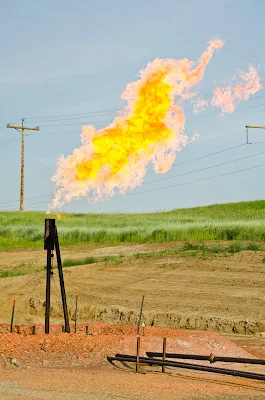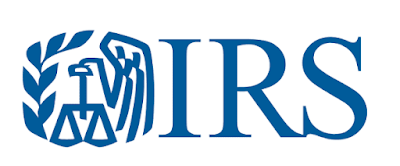By SIMON CONSTABLE
Congratulations to the Nobel prize committee for actually awarding a free trade advocate the prize for economics. That view that trade makes us richer, along with bare knuckle free markets, has been somewhat quiet in the field of late as central planners emerged from their closets during the financial crisis. That’s why it is extra special that the new economics Nobel laureate is canny Scotsman Angus Deaton. Read more here.




